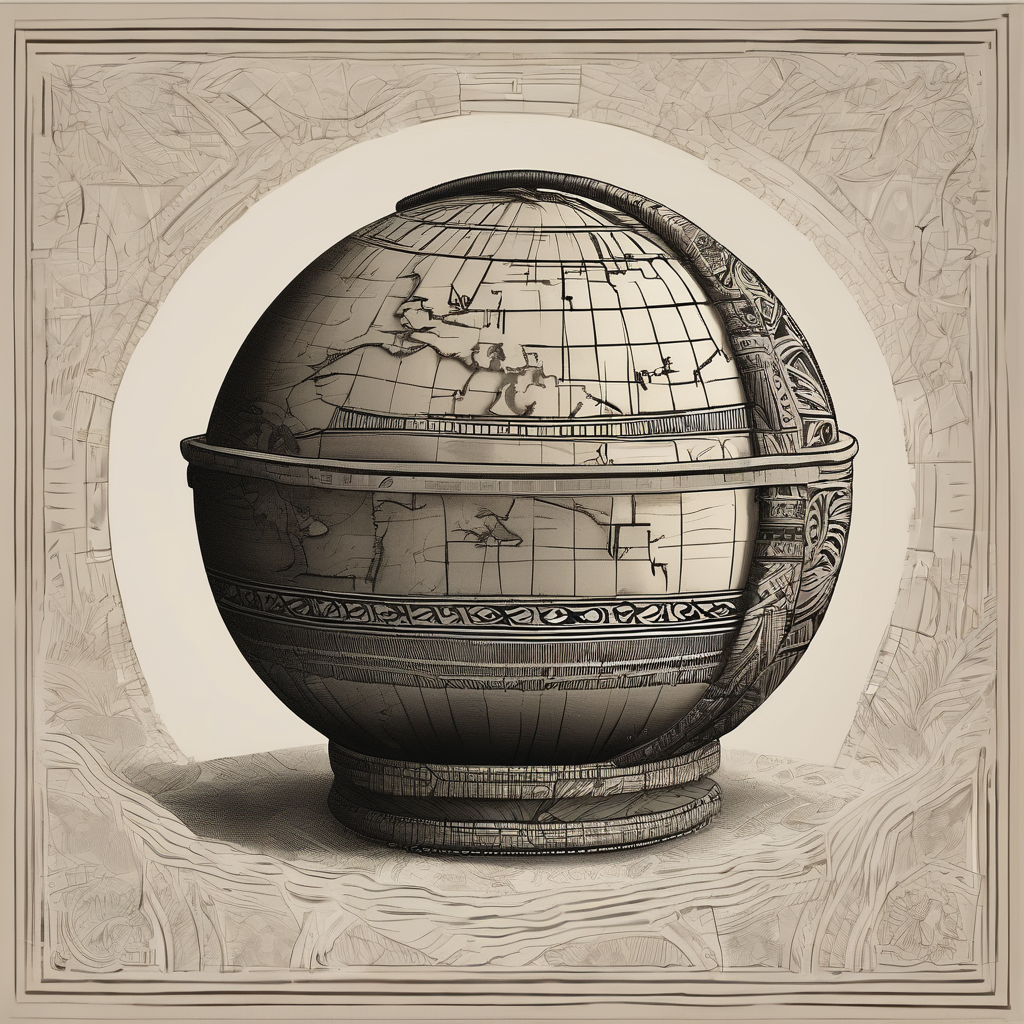As autumn approaches each year, the United States confronts one of its most contentious national observances, Columbus Day, which falls on the second Monday of October. In 2025, this date coincides with October 13. Initially established as a federal holiday in 1937 under President Franklin D. Roosevelt, Columbus Day commemorates Christopher Columbus’s 1492 journey to the Americas.
However, for many, Columbus Day is a symbol of colonization and the subsequent disenfranchisement and suffering of Indigenous peoples. Critics argue that the holiday perpetuates a narrative that overlooks the impact of European colonization, including forced assimilation and violence against Native communities. In response, there has been a growing movement to recognize Indigenous Peoples’ Day instead, honoring the original inhabitants of North America and acknowledging their resilience and contributions.
In 2021, President Joe Biden issued a proclamation formally recognizing Indigenous Peoples’ Day, highlighting the shift towards acknowledging Indigenous narratives within the broader fabric of American history. Though this proclamation doesn’t carry the force of a federal holiday, it represents a significant step in the national conversation about reconciliation with the past.
Currently, more than a dozen states and numerous cities observe Indigenous Peoples’ Day in various capacities. Some states have chosen to replace Columbus Day entirely, while others celebrate both holidays simultaneously. For example, states like Maine, Vermont, and New Mexico honor Indigenous Peoples’ Day exclusively. Meanwhile, other regions, including parts of New Jersey, observe the day through local initiatives by schools and community organizations, despite it not being an officially recognized state holiday.
The national discussion surrounding these observances is more than a debate over a date on the calendar; it is a reflection of how Americans wish to interpret and remember their collective history. It challenges the nation to reconsider the narratives that have been traditionally celebrated and recognize the diverse stories that compose its identity.
As October 13, 2025, approaches, the dual observance of Columbus Day and Indigenous Peoples’ Day reveals a nation grappling with its historical narratives and striving towards a more inclusive recognition of its past. For some, Columbus Day remains a tribute to heritage and exploration, while for others, Indigenous Peoples’ Day offers a more just reflection of history that honors the experiences and contributions of Native populations.
